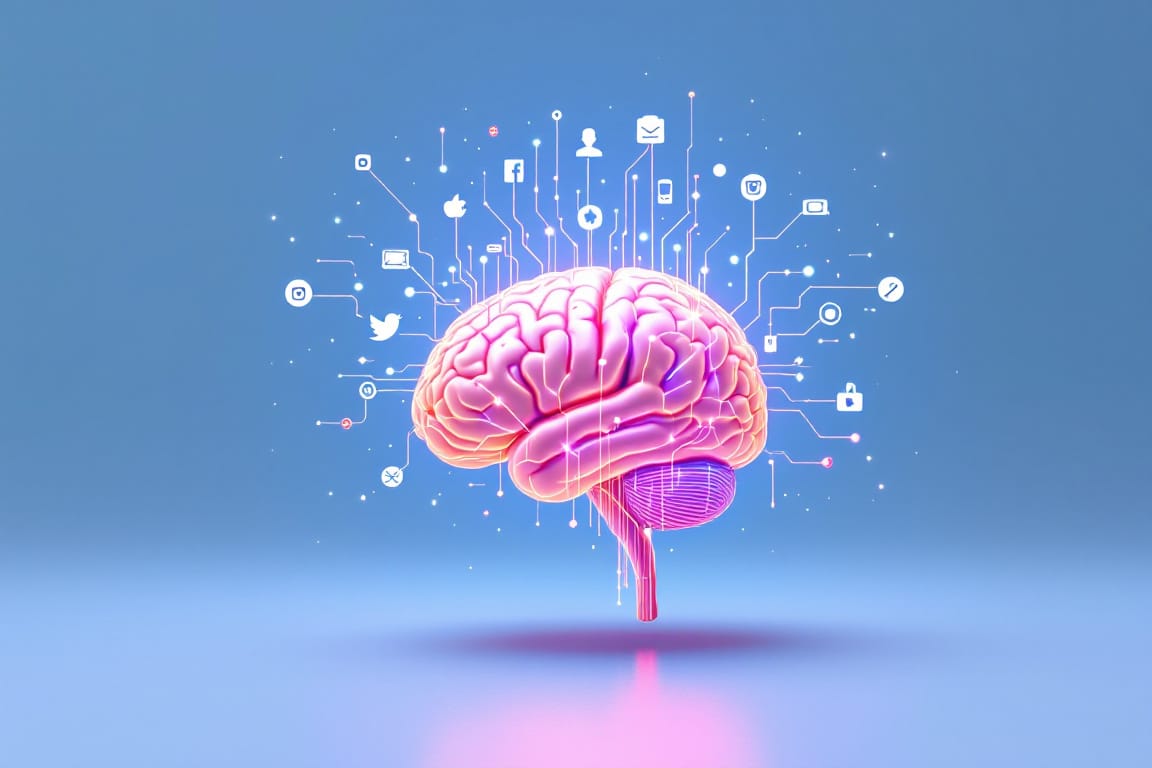In an era dominated by choice and information overload, brands are increasingly finding that the most effective way to connect with consumers isn’t by highlighting product features or specifications, but by fostering deep emotional connections. Iconic brands like Coca-Cola, Nike, Rolex, and Red Bull have mastered this emotional branding approach, shaping consumer perceptions not around the products themselves, but around the feelings those products evoke. In this blog, we explore why emotion is at the heart of powerful marketing strategies and how companies can harness it to build lasting customer relationships.
Understanding Emotional Branding: More Than Just a Feeling
Emotional branding goes beyond the traditional “features and benefits” approach by focusing on how consumers feel when they interact with a brand. It’s about creating a narrative that resonates with individuals’ desires, aspirations, and core values. Instead of merely selling a product, emotional branding taps into the psyche of the consumer, creating a deeper, more personal connection. This connection often influences decision-making on a subconscious level, helping brands form lasting relationships with their audience.
At its core, emotional branding seeks to appeal to consumers’ emotions happiness, nostalgia, fear, excitement, pride, and even sadness to form a psychological bond. The idea is that people don’t just want to buy products; they want to buy into the experience, the lifestyle, or the identity associated with those products.
The Psychology Behind Emotional Connections
To understand why emotional branding works, it’s important to delve into the psychology of consumer behavior. The brain processes emotions much faster than it processes rational thoughts, making emotional decisions more instantaneous and powerful. According to the dual-process theory, our brains use two systems to make decisions: one is quick and emotional, while the other is slower and more logical. While the logical system analyzes product features or price, the emotional system responds to deeper needs, desires, and experiences.
This explains why people often make purchases based on how a brand makes them feel rather than the actual functionality or technical specifications of the product. Emotions can trigger a sense of identity, belonging, and status, which in turn motivates consumers to make choices that reflect how they want to be seen by others or even by themselves.
Case Studies: Iconic Brands That Have Mastered Emotional Marketing
Let’s take a look at some of the most successful global brands and how they’ve built their marketing strategies around emotion rather than product features:
1. Coca-Cola: Happiness and Nostalgia Coca-Cola has long been associated with happiness, family, and togetherness. Through campaigns like “Share a Coke,” where bottles were personalized with popular names, Coca-Cola tapped into the universal human desire for connection. The brand doesn’t just sell soda; it sells moments of joy, nostalgia, and the feeling of sharing with loved ones. Coca-Cola’s advertising strategy focuses on emotions like happiness and celebration, which resonate deeply with consumers’ social needs.
2. Nike: Motivation and Achievement Nike’s “Just Do It” slogan has transcended its role as a simple tagline to become a call to action that inspires and motivates. Nike focuses on empowering individuals to push beyond their limits, embracing the emotions tied to strength, resilience, and success. By aligning itself with top athletes, Nike has created a narrative around the emotional journey of overcoming obstacles and achieving greatness, appealing not just to athletes, but to anyone seeking self-improvement.
3. Rolex: Status and Prestige When it comes to luxury, Rolex has built its brand around exclusivity, achievement, and success. A Rolex isn’t just a watch; it’s a symbol of accomplishment and status. By marketing itself as a product that represents the pinnacle of success, Rolex appeals to emotions of pride and ambition, making the watch not just an accessory, but an essential part of an aspirational lifestyle.
4. Red Bull: Adventure and Adrenaline Red Bull is synonymous with adventure, energy, and pushing boundaries. Through its sponsorship of extreme sports and adventurous events, Red Bull has aligned itself with a sense of thrill-seeking and personal challenge. The brand’s messaging encourages consumers to “give you wings,” promoting a sense of empowerment and the emotional drive to live life to the fullest. This connection with adrenaline and achievement strengthens its bond with a youthful, adventurous audience.
Emotional Branding vs. Product-Centric Branding
One key distinction between emotional branding and traditional product-centric branding lies in how the brand communicates its value proposition. While product-centric brands focus on the practical aspects of the product—its features, quality, and price—emotional brands focus on the consumer’s feelings, desires, and self-perception. For instance, Apple doesn’t just sell high-tech devices; it markets innovation, simplicity, and sophistication. The product is secondary to the experience and identity that the brand promises.
In contrast, many brands that rely on product-centric marketing may attract short-term buyers based on price or technical specifications, but they struggle to foster long-term loyalty. Emotional connections, however, create a sense of belonging that is harder to break, making consumers less likely to switch to a competitor even if the product is less expensive or offers more features.
The Long-Term Impact of Emotional Branding
The beauty of emotional branding is that it can create lifelong customer loyalty. When consumers form a deep emotional connection with a brand, they are more likely to return—not because of the product features, but because the brand aligns with their values and emotional needs. This loyalty goes beyond simple repeat purchases; it can turn customers into passionate advocates who promote the brand through word of mouth and social media, acting as brand ambassadors.
Moreover, emotional branding helps companies weather economic downturns or product recalls. When a customer’s connection to a brand is emotional, they’re more likely to forgive minor mistakes and remain loyal, as their bond with the brand is based on more than just the product.
The Future of Emotional Marketing
As technology and personalization continue to evolve, brands are increasingly using data-driven insights to personalize emotional experiences for their customers. The future of emotional branding will likely involve even more sophisticated storytelling, where brands not only tell a compelling story but tailor it to the specific emotional triggers of individual consumers.
Brands are also beginning to recognize the importance of social and environmental issues, which tie directly into consumers’ emotional responses. For instance, consumers are increasingly drawn to brands that reflect their values on sustainability, social justice, or ethical practices. This shift creates an opportunity for brands to forge emotional connections based on shared values, giving them a competitive edge in the marketplace.
Conclusion: Why Emotion is Central to Effective Marketing
In today’s competitive and oversaturated market, emotional branding isn’t just a trend; it’s a vital strategy for long-term success. The brands that thrive are those that understand the power of emotion and how it influences consumer decisions. Whether through happiness, achievement, status, or excitement, emotion has the unique ability to forge deep connections that transcend products and services.
For marketers and business leaders, including those of us at Dr. Martin MAWO, it’s crucial to recognize the power of emotion in shaping consumer perceptions and experiences. As we continue to build brands and engage with customers, the question shouldn’t just be “What does this product do?” but “How does it make people feel?” This mindset shift will not only improve customer engagement but also drive the loyalty and advocacy that lead to long-term brand success.




